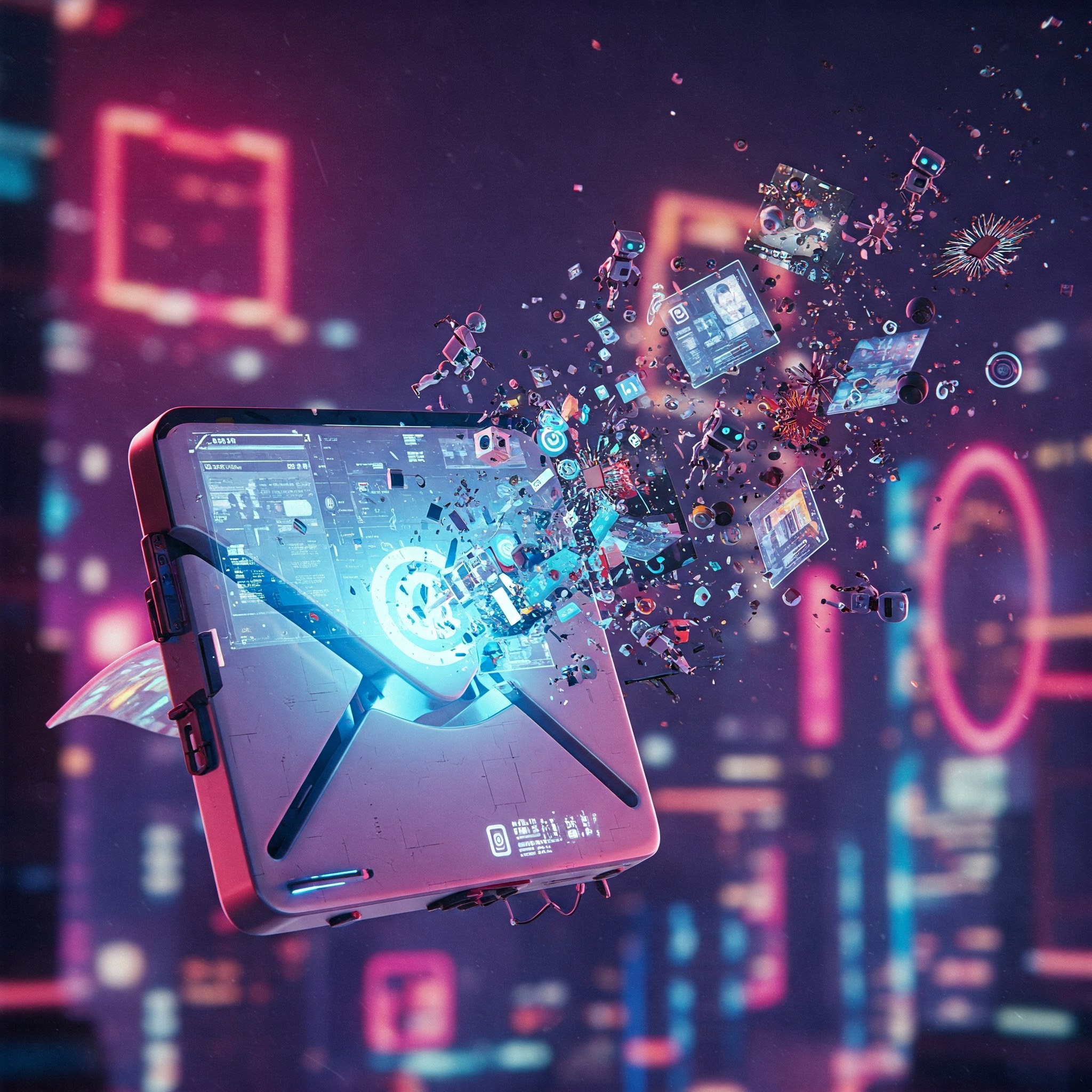The whimsical world of Studio Ghibli, with its soaring flights of fancy and meticulously crafted landscapes, has charmed audiences for decades. Now, thanks to the ever-evolving capabilities of AI image generation, anyone can slap a Ghibli filter on their life. The question is, should they?
Ghibli Goes Viral: A Trend is Born
It all started innocently enough. Someone, somewhere, used a tool like ChatGPT-4o to reimagine a snapshot in the style of Hayao Miyazaki. The internet, predictably, lost its collective mind. Suddenly, social media feeds were flooded with Ghibli-esque portraits, landscapes, and even recreations of memes, all rendered in that distinctive, heartwarming style. It’s easy, it’s cute, and instantly recognizable. What could possibly go wrong?
When Homage Becomes…Something Else
Here’s where things get a little less fluffy. While many see it as harmless fun, the trend raises some thorny questions about artistic inspiration, ethical AI use, and the ever-present specter of copyright.
Hayao Miyazaki himself isn’t exactly known for his warm embrace of technology. A clip from a 2016 documentary shows him reacting with visible disgust to AI-generated animation, calling it “an insult to life itself.” While he hasn’t released a formal statement about the current Ghibli-fication craze, his past remarks certainly cast a shadow over the proceedings. It’s like throwing a party in someone’s house while knowing they secretly hate parties.
Reddit, naturally, has opinions. A post on r/movies called the trend an “utter insult to the studio and anime/cinema in general,” sparking a furious debate. Some agreed, others shrugged, and a few probably started generating more Ghibli-style images just to troll the complainers. Such is the internet.
The Artist’s Perspective: A Breach of Trust?
So, is turning your dog into a Totoro-esque creature inherently unethical? The answer, predictably, is complicated. To get a better understanding, AsiaOne spoke to artists about their opinions.
Dorcas Tang, an illustrator, sees a potential “breach of trust and respect”, particularly as AI training data isn’t effectively regulated. Wei Choon, co-founder of The Woke Salaryman, acknowledges the potential benefits of AI but worries about its impact on artists. He uses the term “torn”.
Both artists agreed that, as a minimum, if you’re going to co-opt someone’s style, you should do it with consent and respect. But how much research are you expected to do before you’re allowed to turn your cat into Jiji from Kiki’s Delivery Service? Is a disclaimer on your social media post really enough?
Wei Choon suggests that empathy and education are essential, especially as many people are probably unaware of Miyazaki’s stance on AI. He stresses that absence of formal objection doesn’t mean that Hayao is happy about the trend.
Tool or Threat: The Future of Art in the Age of AI
Ultimately, the Ghibli-fication trend forces us to confront a larger question: what role will AI play in the future of art? Is it a tool to be wielded, or a threat to be feared? Dorcas acknowledged that she is in a lucky position as her work is “process-based”, so hasn’t had to face any direct competition with AI yet.
The rise of AI art might herald a shift in the art world, with AI handling the simpler “low- to mid-level” tasks, leaving human artists to focus on more complex, creative endeavors, or face the barrel of an empty wallet, alone.
Wei Choon uses the example of creating background textures in video games – textures that players won’t pay much attention to, and can be done “reasonably” well with the use of AI. This means there is less of a need for a whole team, just a skeletal team to correct AI errors.
Dorcas acknowledged that AI art can be virtually indistinguishable from human-created art to the untrained eye. However, this doesn’t diminish the importance of appreciating the skill and soul that goes into creating original art. After all, a painting isn’t just about the final image, it’s about the journey the artist took to get there.
So, the next time you’re tempted to Ghibli-fy your breakfast, take a moment to consider the implications. Is it harmless fun, or are you contributing to a system that could ultimately devalue human creativity? Maybe just enjoy the movies instead. Or draw your breakfast. With a pencil.

